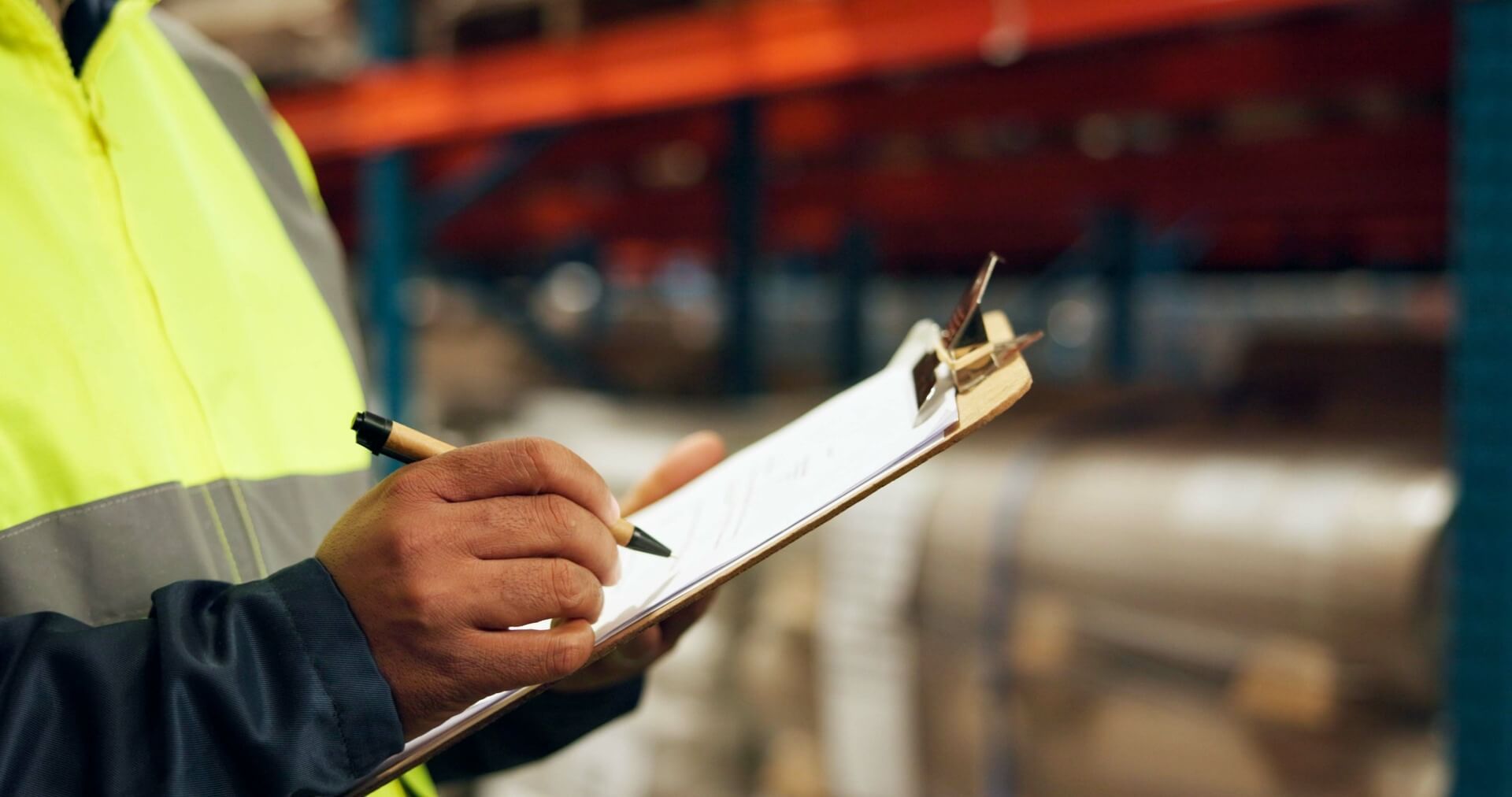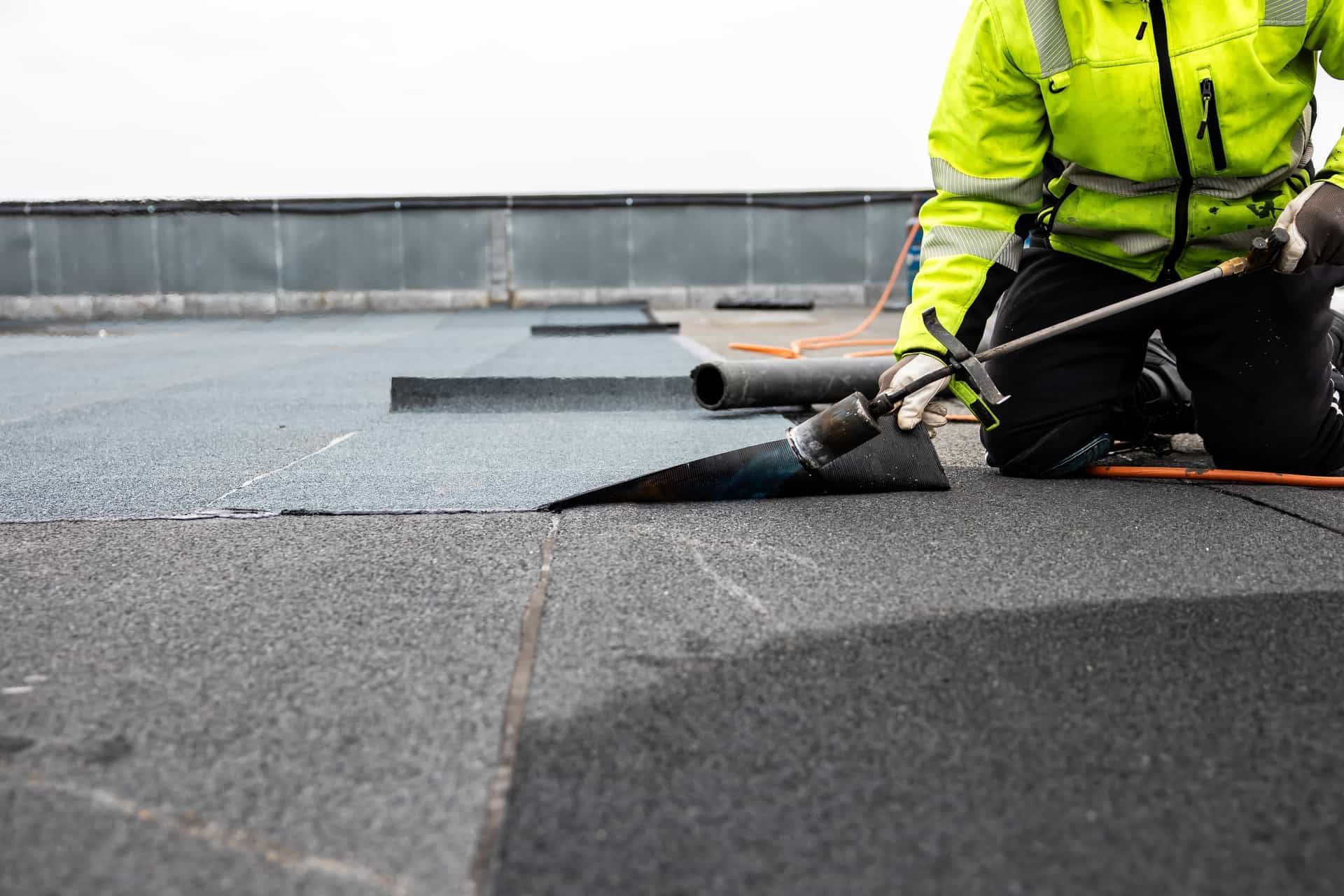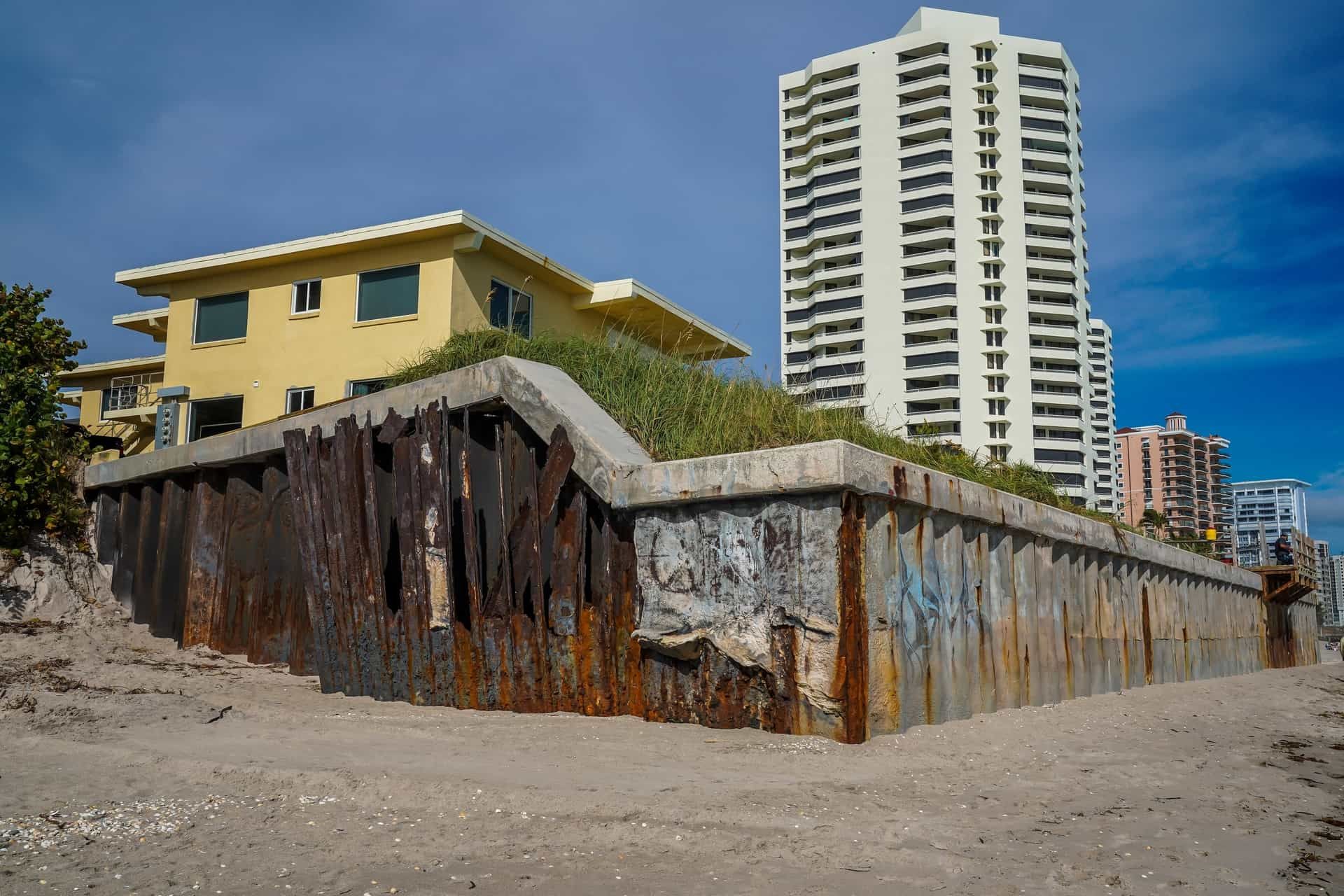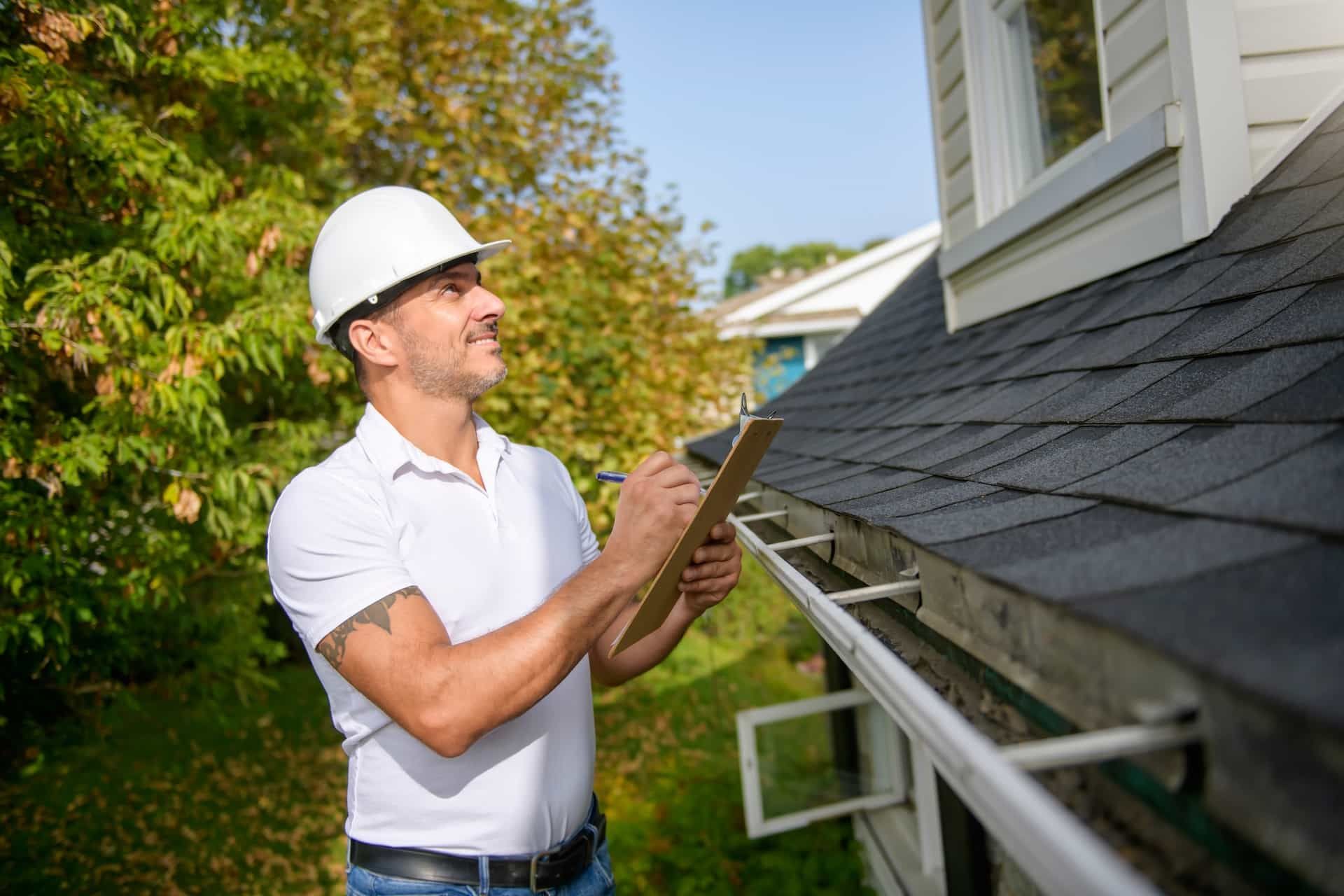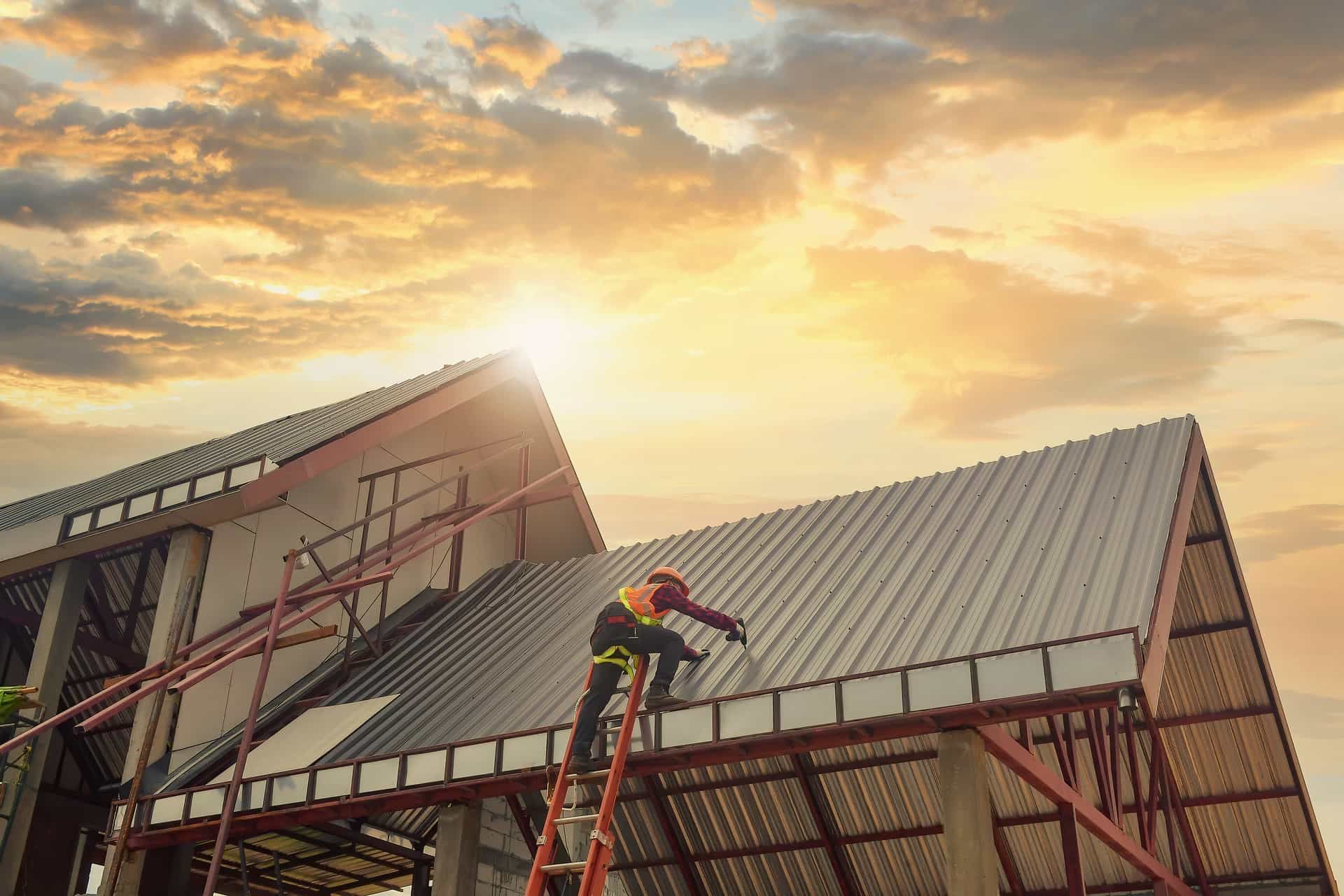What Are the Most Common Types of Commercial Roofs and What's Included in a Commercial Roof Inspection?
Commercial roofs play a vital role in protecting businesses from the elements while providing structural integrity and functionality. For Florida residents, understanding the different types of commercial roofs and the essential components of a commercial roof inspection is crucial due to the state's unique climate. This blog post explores the most common types of commercial roofs and what a thorough roof inspection entails.
Common Types of Commercial Roofs
1. Flat Roof
Flat roofs are a prevalent choice for commercial buildings in Florida. Despite their name, flat roofs have a slight pitch to facilitate water drainage. These roofs are typically covered with a waterproof membrane.
- Pros: Cost-effective, easy to install, and provides additional space for HVAC units or solar panels.
- Cons: Requires regular maintenance to prevent leaks and ponding water.
2. Built-Up Roof (BUR)
Built-up roofs (BUR) consist of multiple layers of bitumen and reinforcing fabrics. These layers are alternated to create a durable and weather-resistant roofing system.
- Pros: Highly durable, excellent UV protection, and low maintenance.
- Cons: Heavy and requires professional installation.
3. Ballast Roof
Ballast roofs involve loose gravel or stone placed over a roofing membrane. This type of roof is commonly used with flat or low-slope roofs.
- Pros: Provides excellent UV protection, thermal insulation, and wind resistance.
- Cons: Can be heavy and requires strong structural support.
4. Metal Roof
Metal roofs are known for their longevity and durability. They are often made from materials such as steel, aluminum, or copper.
- Pros: Long-lasting, low maintenance, and environmentally friendly.
- Cons: Higher initial cost and can be noisy during rain or hail.
5. Hot Mop Roof
Hot mop roofs are created by mopping hot asphalt onto the roof surface and then applying layers of felt or fiberglass.
- Pros: Cost-effective and provides good waterproofing.
- Cons: Requires regular maintenance and is not environmentally friendly.
What does a Commercial Roof Inspection Include?
Conducting a commercial roof inspection is essential to maintain your roof's strength and durability. Here are the main aspects of a commercial roof inspection:
1. Visual Examination
The initial step in a
roof inspection involves observing the roof. Inspectors look for signs of damage like cracks, blisters, or punctures. They also assess debris, plant growth, and the overall state of the roofing material.
2. Structural Evaluation
Inspectors examine the elements of the roof, such as the decking and support structures. They search for indications of sagging, rust, or other structural problems that could jeopardize the roof's stability.
3. Waterproofing and Drainage
Proper drainage is crucial for
commercial roofs, especially flat roofs. Inspectors will evaluate the condition of the
waterproofing membranes and ensure that the drainage systems, such as gutters and downspouts, are functioning correctly.
4. Flashing and Sealing
Proper flashing and sealing around vents, chimneys, and skylights are crucial for preventing leaks. Inspectors inspect these areas for any signs of wear or damage and ensure they are adequately sealed.
5. Insulation and Ventilation
Appropriate insulation and ventilation play a vital role in energy efficiency. It prevents moisture accumulation. Inspectors will examine the insulation levels and ventilation systems to ensure they are sufficient and working correctly.
6. Roof Penetrations
Any penetrations in the roof, such as HVAC units or plumbing vents, are potential sources of leaks. Inspectors will examine these areas to ensure they are properly sealed and free of damage.
7. Surface Integrity
The surface of the roof is inspected for wear and tear. It includes checking for any signs of ponding water, blistering, or other surface damage that could lead to leaks or further deterioration.
8. Interior Inspection
An
interior inspection complements the exterior inspection. Inspectors will look for signs of water damage, such as stains on ceilings or walls, which could indicate a roof leak.
9. Documentation and Reporting
Thorough documentation and reporting are essential in a roof inspection. Inspectors will offer a report outlining the roof's condition and any problems and recommended repairs or maintenance.
Conclusion
Knowing about types of roofs and understanding what a thorough roof inspection involves is vital for preserving the strength and durability of your business's roofing system. Regular inspections by roof inspection services can help catch problems early on, saving you money in the long term while ensuring your building remains safe and functional.
In Florida's climate conditions, regular roof inspections aren't just advisable but necessary. The mix of rainfall, humidity, and hurricane risks demands upkeep and attention. By being proactive, you can safeguard your investment through roof maintenance and inspections. Maintain the safety and security of your building.
Understanding and investing in regular commercial roof inspections can lead to significant long-term benefits for Florida business owners. Whether you have a flat roof, a built-up roof, a ballast roof, a metal roof, or a hot mop roof, regular inspections are crucial to maintaining their integrity and functionality.
Consider scheduling an inspection today from our team at
Certifed Inspectors, Boca Raton, FL. We ensure your commercial roof is in top condition and ready to withstand Florida's challenging weather conditions.
Disclaimer: The information on this website and blog is for general informational purposes only and is not professional advice. We make no guarantees of accuracy or completeness. We disclaim all liability for errors, omissions, or reliance on this content. Always consult a qualified professional for specific guidance.
Share the post:

